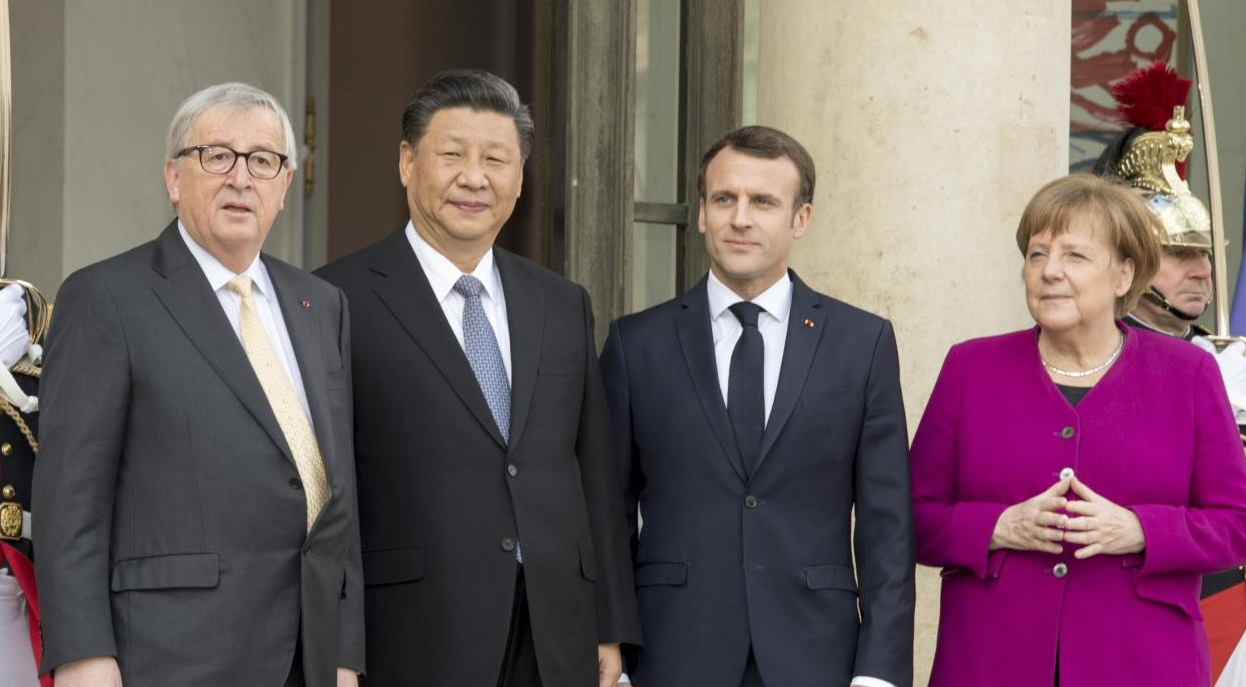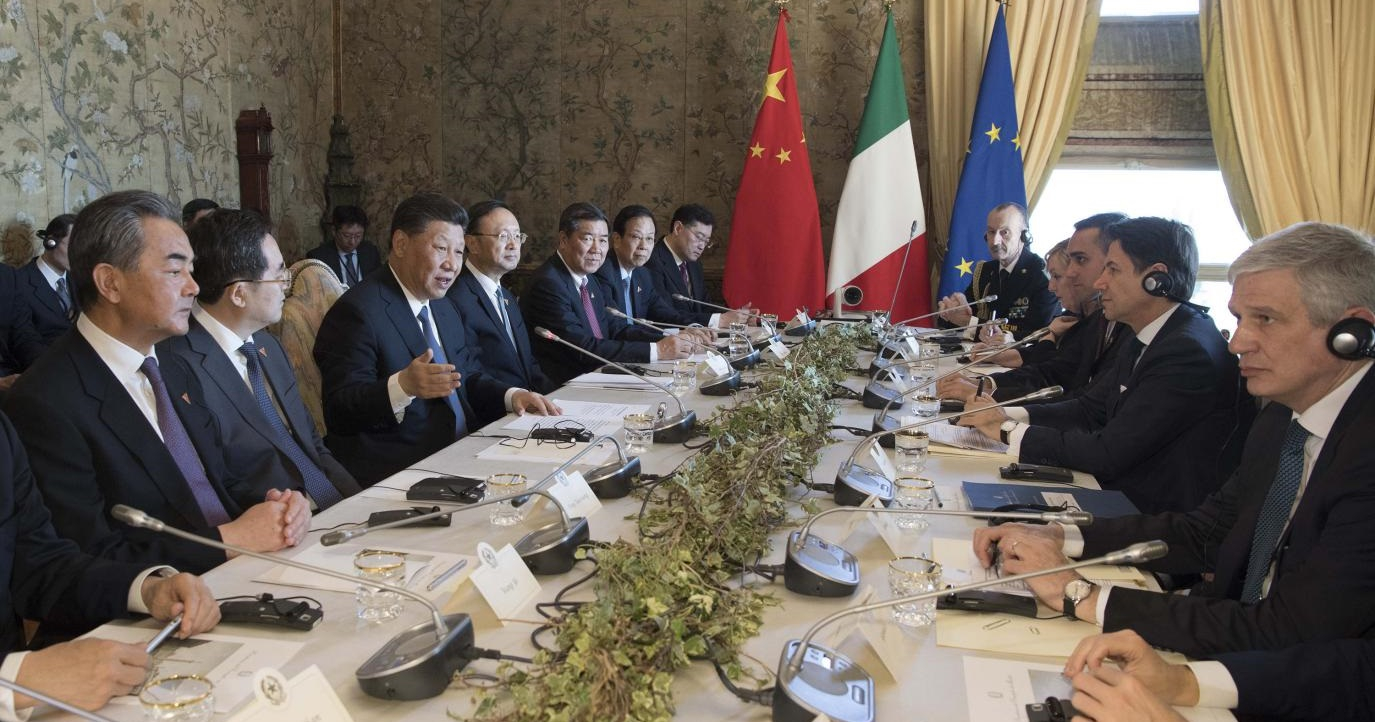
16:18, 25-Apr-2019
Full Episode – President Xi Jinping visits three European countries in March 2019

By Robert Lawrence Kuhn
What is President Xi Jinping's grand vision for China in the world? The world is watching; many are hopeful, some are fearful. Not a few wonder about Xi's intent. What will a rising China mean for international affairs? But there is now less need to wonder; President Xi makes his intent clear every time he speaks about diplomacy and China's growing global role.
What are the features of Xi Jinping Thought on Diplomacy for a new era? How are they being implemented? All features sound uplifting, benefitting everyone through win-win cooperation. Why then the increasing resistance to China, not only from the U.S. but also from European and other countries?
In March, President Xi conducted his first 2019 state visit in three European countries: Italy, Monaco and France — evidencing Europe's central position in China's strategic thinking. We analyze China-Europe relations in particular, and then assess Xi Jinping Thought on diplomacy in general, keeping us… Closer To China.

Chinese President Xi Jinping and Italian Prime Minister Giuseppe Conte held talks in Rome, Italy on March 23, 2019. /Xinhua Photo
Chinese President Xi Jinping and Italian Prime Minister Giuseppe Conte held talks in Rome, Italy on March 23, 2019. /Xinhua Photo
There are three ways to assess Xi Jinping Thought on Diplomacy for the new era. The first is to listen to what President Xi himself stresses: building a community with a shared future for all humanity, safeguarding world peace and promoting common development, inclusiveness and mutual learning through people-to-people exchanges, and multilateralism.
The second is its formal exposition. Yang Jiechi, China's State Councilor and Director of the Office of the Central Leading Group for Foreign Affairs described ten principles, including CPC authority, major-country diplomacy, shared growth through discussion and collaboration, mutual respect and beneficial cooperation, global partnerships, reforming global governance, safeguarding national sovereignty, and creating a unique brand of diplomacy by combining China's fine traditions and contemporary features.
The third way to assess Xi Jinping Thought on Diplomacy is to discern its underlying motivations or drivers. I suggest eight: complementary development, supporting the domestic economy, protecting core interests, mitigating global crises, managing international incidents, assuming global responsibilities, setting a global example, and rejuvenating national pride.
Notwithstanding tensions catalyzed by a rising China, in today's world, the real conflict is not between opposing political systems, but rather between the forces of modernity, competence and development on the one hand, and those of ignorance, exploitation and oppression on the other. China's increasing engagement with global diplomacy should be celebrated.
SITEMAP
Copyright © 2018 CGTN. Beijing ICP prepared NO.16065310-3
Copyright © 2018 CGTN. Beijing ICP prepared NO.16065310-3